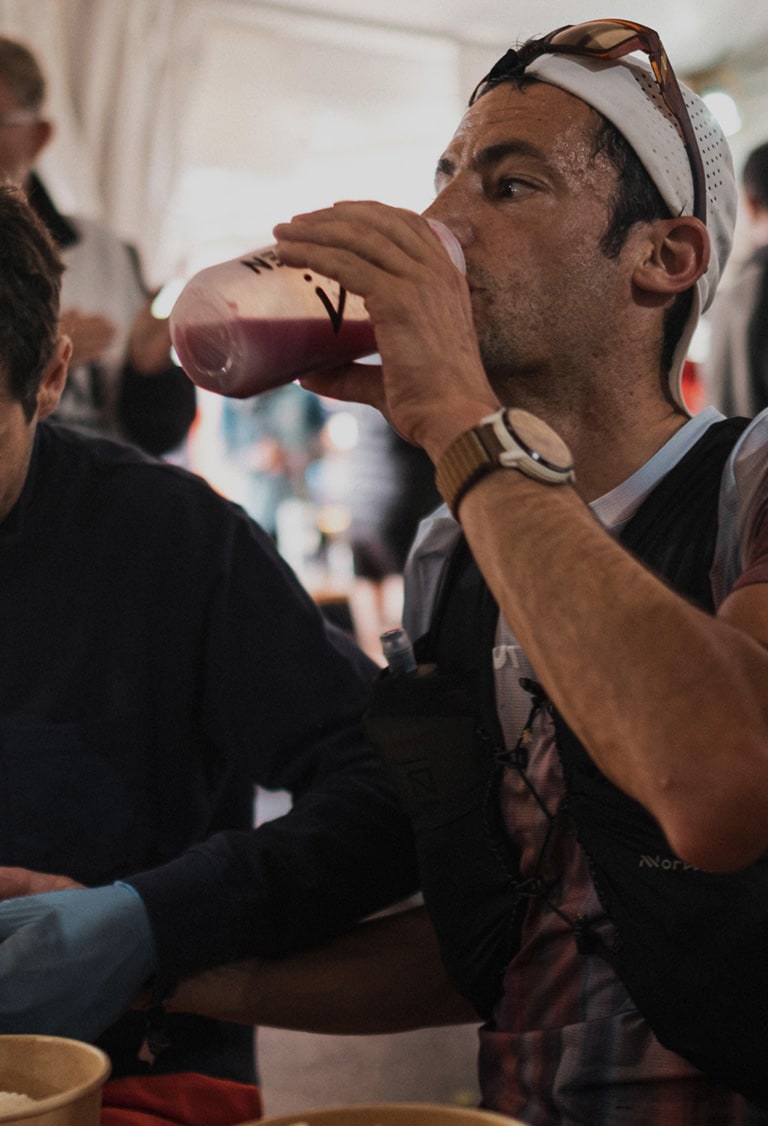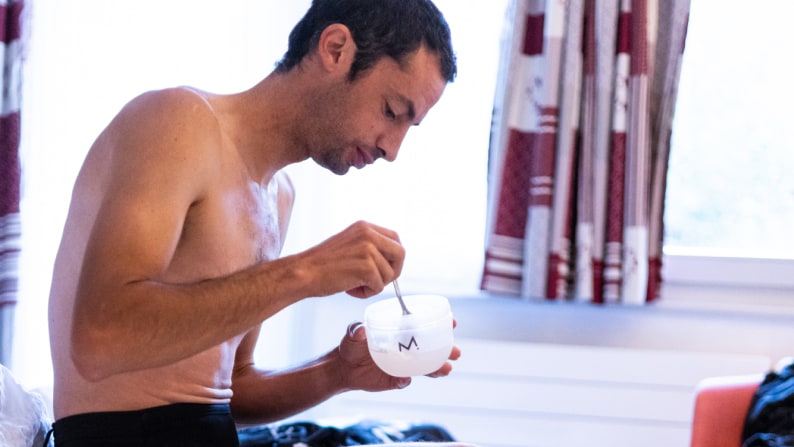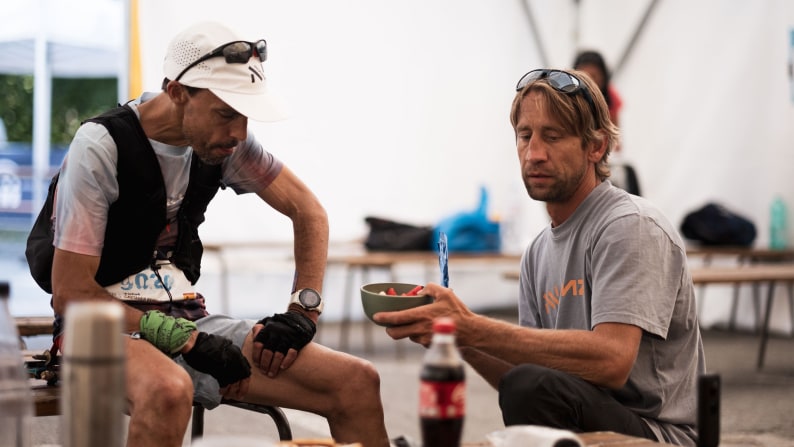
Tips for trekking food

Supported by Emelie Forsberg
Going on a Trek? Fuel Your Body with The Right Foods
Food is the fuel to any adventure you want, and trekking is no different. What you eat during the trek is just as important as what you eat before and after your adventure. The energy you need on a day-long trek differs from what you need to get through multiple days of a good trek.
We shall look at the pre-planning required to ensure that your trek is successful, especially the foods you should eat.
What Should I Consider When Going on a Trek?
Treks have many benefits, which is why many people are getting more into this pleasurable activity. Some benefits include building immunity, improving muscular functions, and strengthening the cardiac muscles. These benefits reduce your risk of contracting diseases such as osteoporosis and heart problems.
A trek is usually a long walk that can go on for one to several days. It is generally done with a group of people for safety reasons because typical terrains such as forests and mountains can be rugged. Some of the vital items you need for a trek include;
- The right shoes for the terrain you’ll be on
- Camping gear for treks that go over a few days
- Weather-appropriate clothing
- The right trekking food
The list above is a good starting point to ensure the trek is beneficial and fun. So what trekking food and drinks do you need? What quantities should you carry? The answers to these trekking food questions and more are explained below.
Foods Before the Trek
Prior preparation is vital for success. The foods you eat before stepping out will primarily affect how far you can go. The distance and days you will be trekking will determine what you need to eat. The trekking food group to focus on is complex carbohydrates because they provide a steady energy source.
These foods should be eaten at least two hours before trekking to allow digestion to commence. Since most treks start in the morning, breakfast foods are appropriate such as peanut butter on whole wheat bread and oatmeal.
Foods When Hiking
Your body’s capability for any physical task mainly depends on what food you eat. That is why trekking food is so specific so that you have the energy you need to get through this fantastic activity. The goal here is to avoid sugary foods, eat high-energy snacks and keep hydrated until you have your meal after a trek. You are eating to increase your endurance and replenish your energy as you trek.

For a Day Trek
You need not carry copious amounts of food when trekking for a day. One of the reasons not to bring too much food for a day's worth of trekking is that you get exhausted carrying a loaded bag, which slows down your progress. The snacks to take include;
- Granola bars
- Trail mix
- Dried and Fresh fruits like oranges and dried banana crisps
- Low-fat Yogurt
- Crackers
The standard rule is not to eat too heavily, which may cause cramping, and stopovers are a bummer.
For Multiple Days Trek
When you are trekking for one day, your energy needs are different than for many consecutive days. Most people will combine several days of a trek with camping; thus, you need to carry some gear with you, including food.
While on the trail, ensure that you snack, and each meal at the end of the day should be high in fats and proteins. The snacks mentioned above for a one-day trek are an excellent fit even for multiple days of a trek.
Foods after the Trek
The absolute food concentration needs to happen here because you want to eat enough foods to replenish and rebuild your muscles. Eating lean proteins and complex carbohydrates is advisable as they are best known for replacing lost nutrients. The foods to eat are;
- Turkey Sandwich
- Chicken with whole-grain pasta
- Salmon bagel
- Cheese, eggs, and potatoes
- Yogurt with fruits
No matter which food option you choose, you should ensure that you eat within the first hour after finishing the trek. This time frame has been proven as the time your body replenishes the lost nutrients and starts to repair the muscles. Therefore, you need to provide the proper nutrients to facilitate this process. For every four portions of carbohydrates, you need to have one portion of lean proteins.
Foods to Avoid
To reduce unnecessary fatigue and dehydration, you should avoid these foods before and after a hike. These are;
- Carbonated drinks
- Fast food like burgers and fries
- Spicy foods
- Soups
- Highly processed, salty and sugary foods
Conclusions
The main point to remember is that the trekking food you choose will either make you love or loathe a trek. Even with the right foods, you must carry enough to keep hydrated. You should take into account that some foods make you thirstier, especially dried fruits, and you need to account for this while trekking. We hope you have an excellent trek after these food tips.

Photography: Nick Danielson
Share with a friend